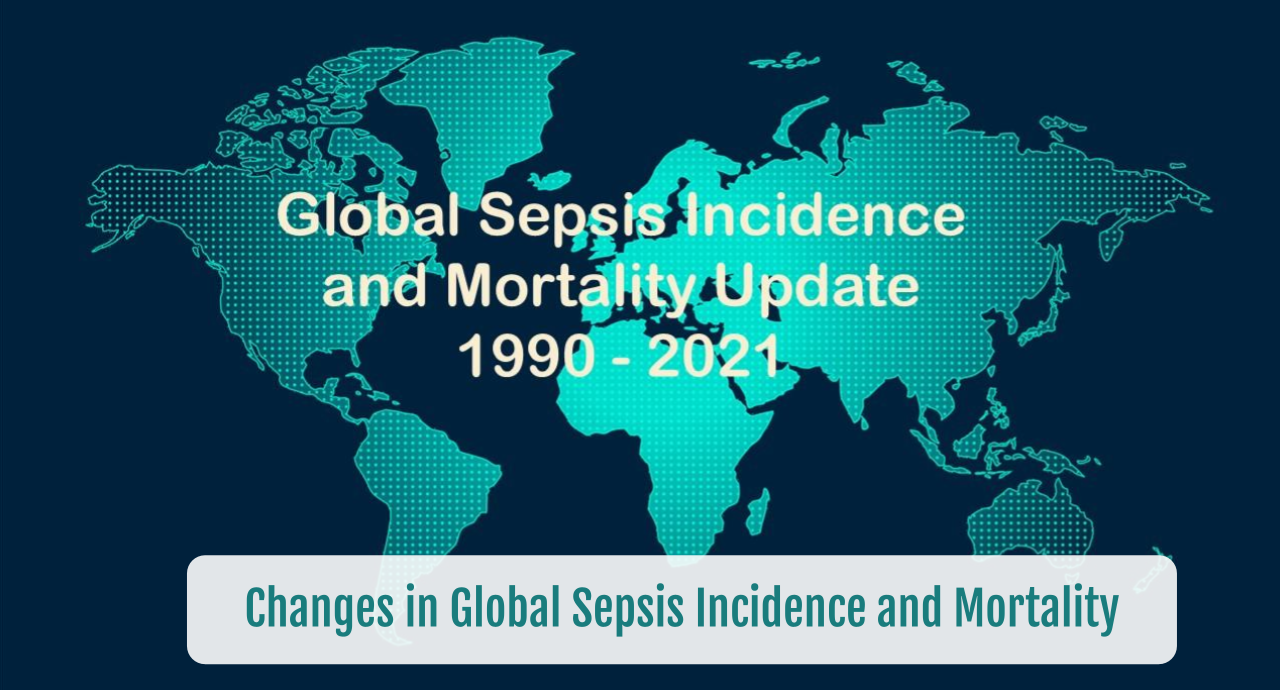Changes in Global Sepsis Incidence and Mortality
Changes in Global Sepsis Incidence and Mortality SUMMARY: Recent evidence demonstrates a surge in sepsis incidence and death globally. Several factors may be contributing to this rise. There are age and geographical variances in sepsis cases and death. REVIEW: Source: Global Burden of Disease, Injuries, and Risk Factor Study










